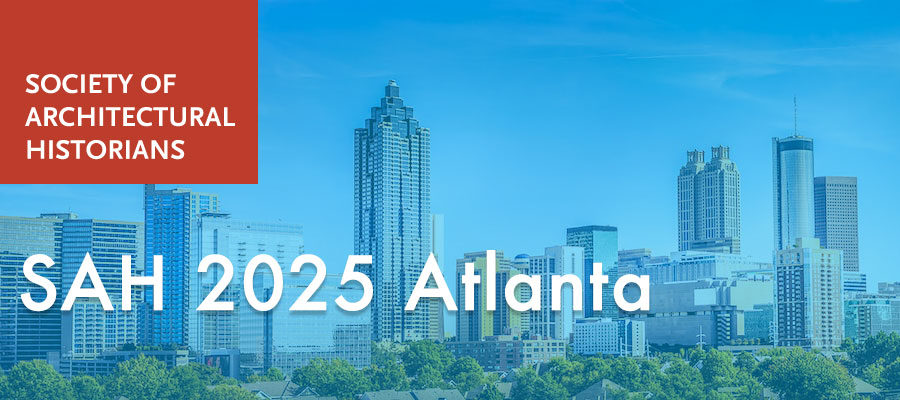Post-Medieval: Afterlives, Preservation and Loss of the Medieval, session at the 2025 Annual International Conference of the Society of Architectural Historians, April 30–May 4, 2025
This session interrogates the stakes, modes, and attitudes surrounding the afterlives, preservation, and loss of the medieval built environment after the end of the Middle Ages. Architectural history inherently gravitates towards comprehending the pre-existing, often downplaying responses to this condition. While the medieval built environment is the subject of extensive scholarship, the discipline tends to prioritize its medieval histories over post-medieval ones, driven by a pervasive quest for the “real” Middle Ages. Yet structures erected in the medieval period are integral components of early modern, modern, and contemporary environments and histories. Occurrences such as the Notre-Dame fire in 2019, discussions on subsequent interventions, and the ongoing construction site prompt a thorough examination of the implications arising from the absence, reworking, and care of medieval architecture within post-medieval societies. The session embraces this challenge. Recent endeavors have drawn attention to an “architectural history of medievalism” and architectural history’s responsibilities in advancing knowledge on responses to the Middle Ages. This session aims to further the conversation and shine a spotlight on the diachronic nature of medieval architecture.
Highlighting an aspect that has often been undervalued, it seeks to tackle prevailing biases: the emphasis on medieval architecture in its pre-modern state and the negative evaluation of post-medieval interventions impacting the “original”. By rethinking the medieval built environment as a lens of refraction through which to delve into post-medieval histories, the session welcomes explorations into responses to this environment, while shifting focus away from the Middle Ages. Submissions may encompass any geography and historical period from the early modern to the contemporary. Papers that examine dynamic modes of interaction like annihilation, restoration, preservation, and reworking — including practices of medieval survival (continuing post-medieval enterprises that follow patterns ascribable to the medieval era) — in relation to themes such as injustice, sustainability, and crisis are particularly encouraged.
